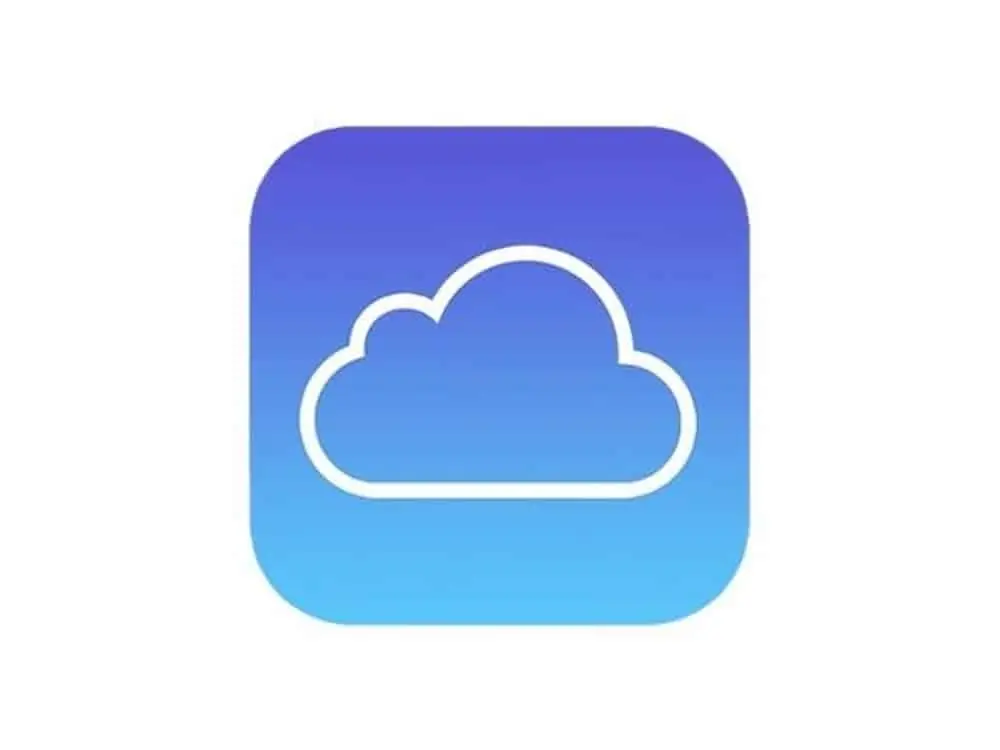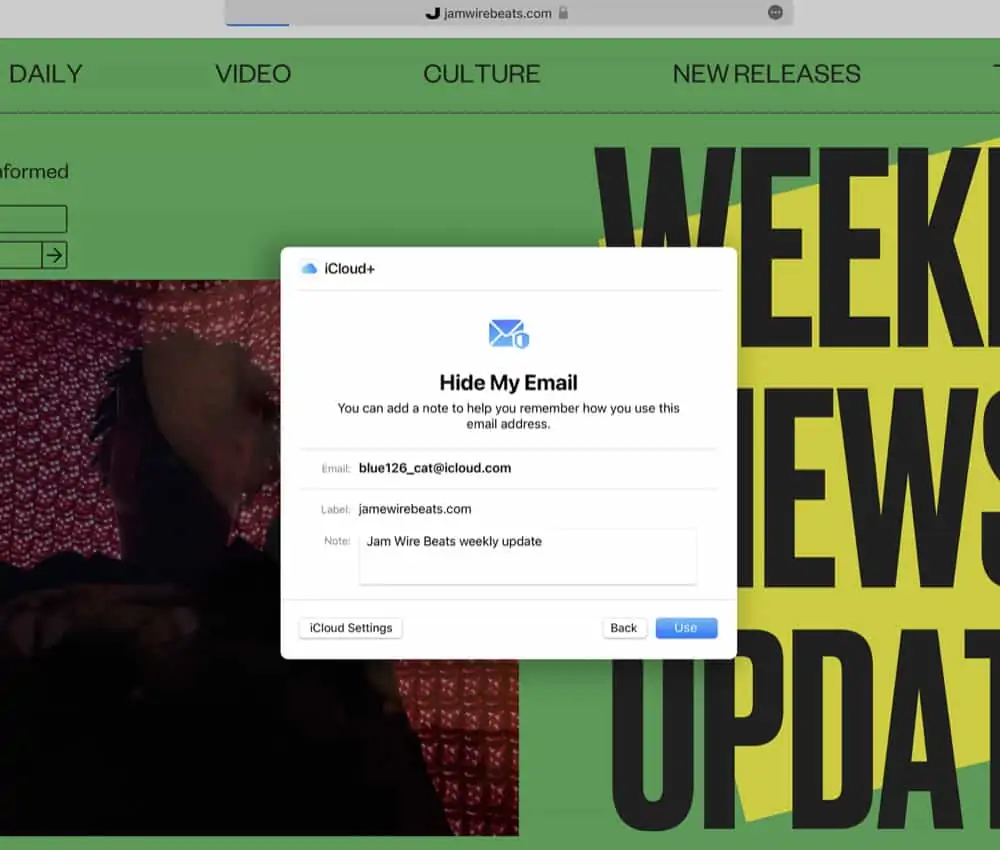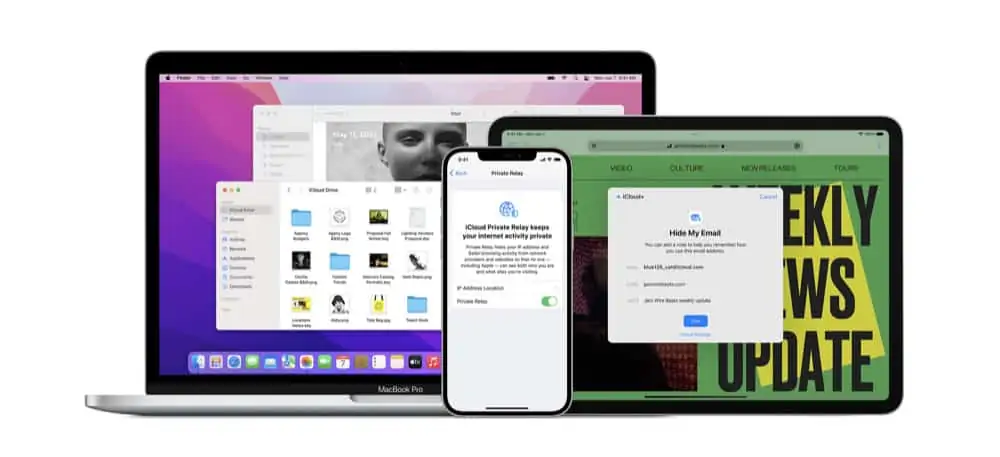iCloud Private Relay is actually NOT a VPN. Here’s what you need to know.
Table of Contents
KEY TAKEAWAYS
- Apple has introduced iCloud Plus, an upgrade to its existing iCloud subscription plans, adding new features.
- iCloud Plus includes “Hide My Email”, allowing users to create random email addresses for privacy.
- It also offers increased iCloud HomeKit Secure video support for encrypted video footage from home security cameras.
- iCloud Plus introduces iCloud Private Relay, a service that hides user identity and browsing activity from ISPs and visited websites.
- iCloud Private Relay uses a dual-hop architecture to keep user identity and traffic private, ensuring that no one, including Apple, knows the user’s true IP or the visited website.
- iCloud Private Relay is not a VPN, but it provides more privacy than a VPN as it doesn’t allow setting of regional location and doesn’t know the user’s true IP and visited websites.
- iCloud Private Relay is only compatible with Safari and requires macOS Monterey or later on Mac, iOS 15 or later on iPhone or iPod touch, iPadOS 15 or later on iPad, and an iCloud Plus plan.
- iCloud Plus plans cost $0.99 for 50GB, $2.99 for 200GB, and $9.99 for 2TB per month, with iCloud Private Relay included in all plans.
In recent years Apple has jumped headfirst into subscription services. This is no surprise as every technology company loves recurring revenue.
Apple offers multiple subscription services including Apple Music, Apple Arcade, Apple Fitness, Apple TV Plus, and Apple News Plus.
But at WWDC 2021 Apple also announced a NEW subscription services – kind of.
Apple announced iCloud Plus. This is a new version of Apple’s previous iCloud subscription plans, which essentially let you increase your iCloud storage from the free 5GB all the way up to 2TB plans.
However, iCloud Plus adds more features. iCloud Plus now includes a feature called Hide My Email. This allows you to create a random email address at will in iCloud Mail or on websites when you are browsing them in Safari.
Creating a random email address means you can give companies an alternate email address and keep your main one private.
Any emails they send to your alternate address will go to your main one – but they won’t know that. And if they are sending you too many emails? Just delete the alternate email address and they get cut off.
iCloud Plus also adds increased iCloud HomeKit Secure video support. This is storage to host encrypted video footage from your home security cameras that does not count against your regular iCloud storage.
The final thing iCloud Plus includes is the new iCloud Private Relay.

iCloud Private Relay: What Is It?
iCloud Private Relay is a new service included in an iCloud Plus account. The aim of iCloud Private Relay is to hide your identity and browsing activity from your ISP and the websites you visit.
iCloud Private Relay does this by sending your IP address and the site you are visiting from your device to two relay servers. These relays form a dual hop architecture, and help keep your identity and traffic private.
It works like this: enter a web address in Safari. Apple encrypts this information so your ISP can’t see where you are visiting. It then sends this URL along with your IP address (which it needs to connect you to the website) to the first relay.
As your data is heading to the first relay, Apple can’t read the URL but it can read your IP.
At the first relay, Apple encrypts your IP, which it forwards to another relay. There, you’re given a temporary IP address and your destination URL is encrypted, which sent you on to your destination – the website.
Because of this dual-hop architecture, no one knows who you are and what site you are visiting. Thanks to iCloud Private Relay, your ISP knows neither of these things.
Apple, which operates the first relay, only knows your identity (your IP address). The second relay provider only gets a temporary IP address and is the only one who knows what website to send you o to.
iCloud Private Relay means no one – not even Apple ever knows your true IP or what website you visit.

iCloud Private Relay: Is It A VPN?
Many people are calling iCloud Private Relay “Apple’s VPN” or “iCloud VPN.” But iCloud Private Relay isn’t really a VPN.
iCloud Private Relay does not let you set your regional location for starters – something VPNs allow. But iCloud Private Relay is also more private than a VPN because a VPN always knows your true IP and what websites you visit.
Unless you use a 100% no logs VPN service.
In other words, iCloud Private Relay is WAY more private than a VPN.
iCloud Private Relay: Requirements
iCloud Private Relay also has some restrictions that make it different than a VPN.
Notably, you MUST use Safari if you want the privacy provided by iCloud Private Relay. You do not get the choice to use other browsers with iCloud Private Relay, such as Firefox or Chrome.
By limiting iCloud Private Relay to Safari Apple can make sure no other browsers or companies are secretly trying to scoop up information about a user’s web activity.
And there are benefits to Safari anyway – besides iCloud Private Relay. Safari is generally the fastest and most secure browser out there. It also works seamlessly via sync features on Mac, iPhone, and iPad.
To use iCloud Private Relay you’ll need:
- A Mac running macOS Monterey or later.
- An iPhone or iPod touch running iOS 15 or later.
- An iPad running iPadOS 15 or later.
An iCloud Plus plan.

iCloud Private Relay: Cost
iCloud Private Relay is included in all iCloud Plus plans. So if you subscribe to iCloud Plus, you’ll automatically get iCloud Private Relay.
iCloud Plus plans cost:
- 50GB: $0.99
- 200GB: $2.99
- 2TB: $9.99
Those plans are per month pricing. But remember, it doesn’t matter if you go with the $0.99 plan or the $9.99 plan. You’ll still get iCloud Private Relay no matter what.
My advice? Use one of the 2023’s top-rated VPNs instead – you’ll get way more features and top-notch security and privacy.

